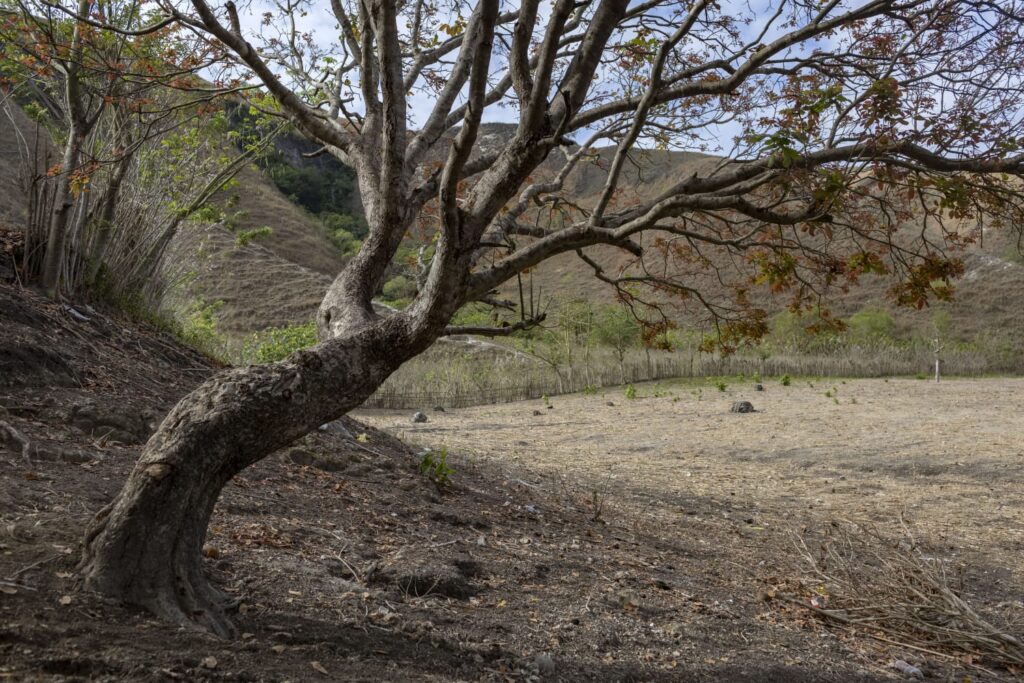Climate justice can be understood as meaning that the impacts of climate change should not fall unfairly on the most vulnerable groups, and that every individual or community has the right to participate in climate change mitigation and adaptation efforts. In this context, climate justice calls for a fair sharing of the burden between industrialized countries that have long contributed the most to greenhouse gas emissions and developing countries that have contributed less but suffered the most from their impacts. The concept also includes social justice, which involves protecting marginalized groups, such as indigenous peoples, women, children, and people with disabilities who are often excluded from climate policy planning and decision-making processes.
Quoted from the Civil Society Coalition for Climate Justice release, it is stated that developing and vulnerable countries are demanding clarity on climate finance commitments at COP29 which is currently taking place on 11-22 November 2024. So far, developed countries have contributed to 80% of global historical emissions, so they must increase climate finance for poor and developing countries as a form of social justice.
One of the main aspects of climate justice is the division of responsibilities between rich and developing countries. Countries with high emissions and large resources need to take more ambitious mitigation measures, while countries that are more vulnerable and do not have the financial and technological capacity must receive international support, whether in the form of funding, technology, or adaptive capacity. This is reflected in many international negotiations, such as the Paris Agreement (2015). The Paris Agreement (2015) states that developed countries in Annex I and II are required to pay climate finance as a form of the Common But Differentiated Responsibility (CBDR) principle.
Climate justice is especially important for Indigenous peoples because they are on the front lines of the impacts of climate change, even though they have contributed the least to its causes. Here are five points on why climate justice matters to Indigenous peoples:
1. Dependence on Natural Resources
Indigenous peoples rely heavily on ecosystems and natural resources, such as forests, water, and land, for their daily lives. Climate change threatens the sustainability of these resources, which in turn can threaten their livelihoods and the sustainability of their cultures. Climate justice is essential to ensure that they can retain their rights to their vital lands and natural resources. Climate justice needs to involve recognizing indigenous peoples’ local wisdom and rights in environmental management.
2. Role as an Environmental Guardian
Indigenous peoples often have sustainable natural management systems and local wisdom that have proven effective in maintaining ecosystem balance. However, climate change, environmental degradation, and exploitation of natural resources often threaten their way of life. Climate justice is essential to provide space for indigenous peoples to continue their role as environmental stewards and contribute to global climate change solutions. Within a climate justice framework, it is important to ensure that their voices and rights are respected, and to provide them with access to adaptation mechanisms that are appropriate to their local context.
3. Land Rights
Many indigenous peoples have collective rights to their lands and territories, which have been held for generations. However, legal recognition of these rights is often limited or not officially recognized, even when their lands are threatened by development projects, land conversion, or the impacts of climate change. Climate justice ensures that their rights to land and natural resources are protected from external threats.
4. Vulnerable to the Impacts of Climate Change
Indigenous peoples often live in areas that are more vulnerable to natural disasters due to climate change, such as floods, droughts, or forest fires. They also have more limited adaptive capacity compared to urban communities. Therefore, climate justice is needed to provide them with support in increasing resilience to the impacts of climate change, whether in the form of funding, technology, or inclusive adaptation policies.
5. Participation in Decision Making
Indigenous peoples are often marginalized in climate policy planning and decision-making processes. Climate justice is essential to ensure that their voices are heard and their rights are respected in any climate change mitigation and adaptation policies or programs. This includes providing them with access to participate in international or national forums that discuss climate issues, as well as ensuring that decisions taken do not disadvantage or ignore their interests. By supporting the active participation of indigenous peoples, we not only preserve cultural diversity, but also harness traditional knowledge that has proven effective in preserving nature and mitigating climate change.
By prioritizing climate justice, we ensure that indigenous peoples can play an active role in climate change solutions while protecting their long-neglected rights.


